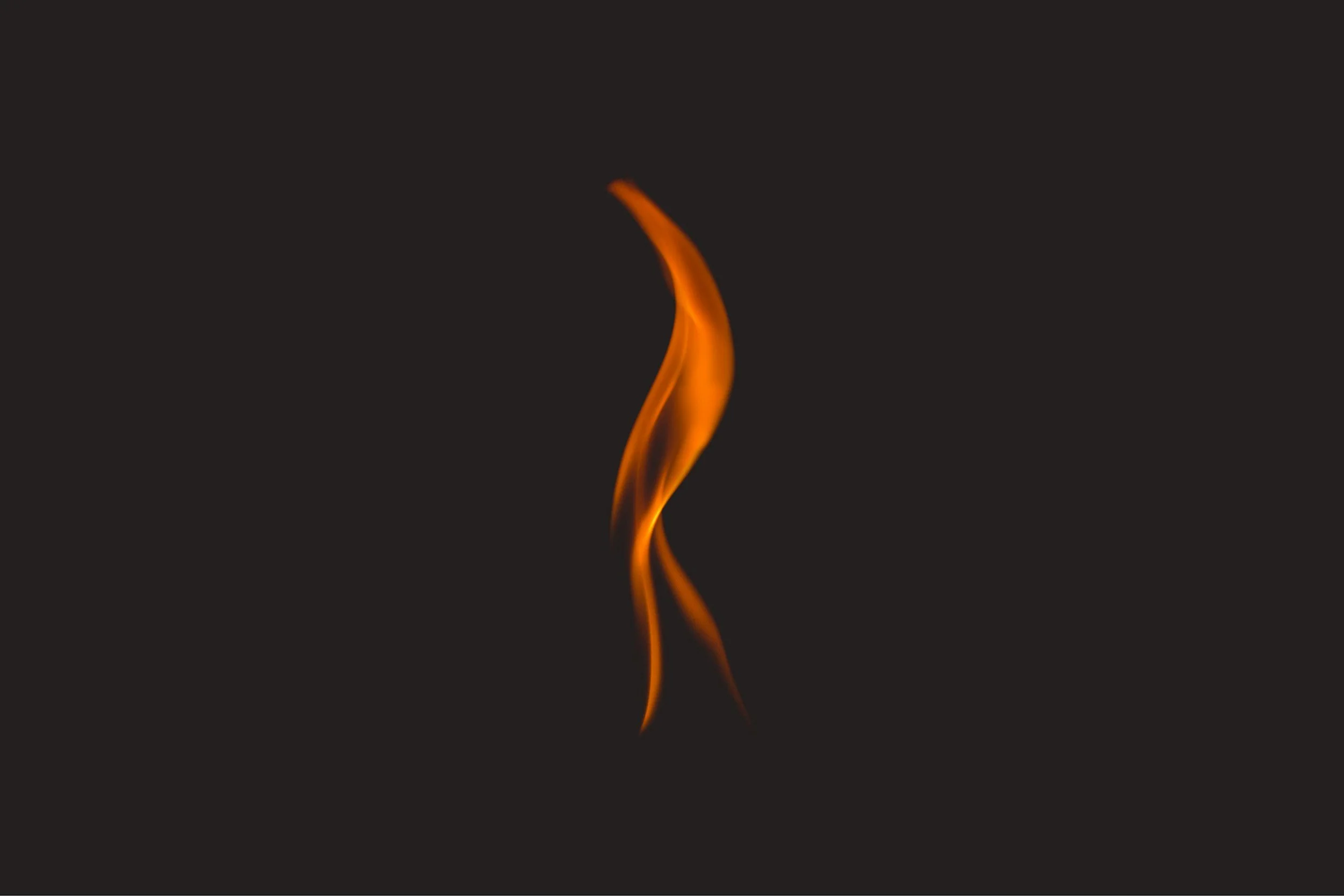I Was a Teenaged Humean
(actually, I was a twenty-something Humean)
Marianne Janack
1984
They’re moving, stirring--those last lines of Hume’s Enquiry. My college friends and I loved Hume above all other modern philosophers when we read him in Modern Philosophy. Of course, rebellion and revolution were part of the modern philosophers’ battle cry: Descartes setting aside all that he’s learned, thinking for himself about mind, body, and freedom; Locke’s empiricism and associationism; Berkeley’s empiricist and idealist arguments against the existence of matter. Leibniz and Spinoza seemed like they wanted to give radical twists to medieval approaches to philosophy—and they were weird—but that wasn’t quite what we wanted. They still seemed to be rationalists, and we knew there was something wrong with that.
We needed a hero.
And then there was Hume. Reading Hume was refreshing. He was funny. He viewed himself as a writer, not a scholar. His philosophy just seemed like common sense. He wasn’t afraid to point out bullshit and orthodoxy. He had no truck with religious arguments. True, the Meditations had gotten Descartes into trouble with the Catholic authorities, so he had some anti-orthodox bona fides, but his argument for the existence of God still seemed to be in the old medieval mold. Descartes may have started the revolution, but he hadn’t gone far enough.
But Hume. Here was a version of skepticism as a way of conducting one’s search for knowledge, for thinking about everything, for questioning authority: skepticism not as a method, but as epistemic virtue, a way to think. As I sat in class listening to a professor talk about Plato’s theory of forms, my roommate, who was a year older and much smarter than me, passed me a note: “Commit it to the flames,” she’d written. I suppressed a little laugh. Perversely, we both went on to do graduate work in philosophy.
1988
“I hate metaphysics. I’m not a metaphysician,” I told one of my professors and all the other graduate students in my doctoral program. When we talked about truth, I insisted that it was a rhetorical and not a metaphysical term. It was, I said, a term that we use to valorize some claims over others.
“I’m not sure that one can avoid metaphysics,” my professor said. “Metaphysics is about world-building, and even empiricists are doing metaphysics—they think that the world is what we sense and experience. You can’t do away with metaphysics without doing metaphysics,” she said.
But the old metaphysics, I thought, put philosophy too close to religion, and seemed to stand in the way of progress in philosophy. After Hume, philosophy could live in the real world, and not skulk in the shadows. It didn’t have to be pompous and overly intellectual—it could just live in this world, among the common people, appealing to common sense.
“Whether right or wrong,” Harold Noonan writes in his guidebook on Hume, “his influence brought about…a revolution in the way that philosophy was conceived.” Some people think that Hume’s major contribution was to wake Kant from his “dogmatic slumber.” Some suffering philosophy students think that Hume’s major sin was this awakening—that Hume is the indirect cause of the Critique of Pure Reason and The Groundwork for the Metaphysics of Morals. I was in the second camp. And so were the philosophical rebels I admired: Nietzsche, Marx, Wittgenstein, Rorty. Rebels against philosophy and philosophizing.
The logical positivists saw in Hume a fellow traveler, and in the early twentieth century took up the challenge of defending Hume’s empiricism from Kant. Science, the world of common sense, the anti-philosophical philosophy: Hume was the poster child for those, and his assault on metaphysics was seen by many as a sign of progressivism, a blow against religion and tradition. To be a Humean was to be hard-nosed; to be a rebel; to be a realist; to refuse to accept the comforts offered by religion.
2025
In his book The Philosophy of As If, Hans Vaihinger claimed that sometimes truth can get in the way of science. Sometimes theories that are fictions are valuable as ways of fitting together disparate facts.
And sometimes being open-minded requires leaving what is true alone—sometimes being a hard-nosed realist can lead us to ignore the value of imagining other worlds, and other ways of being. Worlds within worlds—to be human is to be able to imagine that animals and insects have inner lives; that other humans might be zombies; that material objects might only be collections of subjectively experienced qualities.
Of course, truth is an epistemic goal. We could say—if we were metaphysicians—that human beings strive to know what’s true: not just boring, banal truths, but bigger, important truths—not just “today is August 30, 2025”’ but “what’s the best life for a human being?” Sometimes we have to be willing to entertain other ways of building worlds—other versions of metaphysics. Sometimes it’s not about truth, but about possibility. Sometimes the world is too small and thin. “What is” is always shadowed by “what if:” “what if we look at it differently?” or “what if what I thought was common sense isn’t?”. “What if it’s not just all sophistry and illusion?” or “what if I don’t care if it is?”.
Maybe I’m still a Humean—but now I’m more skeptical.
